Sprinting for the finish line.
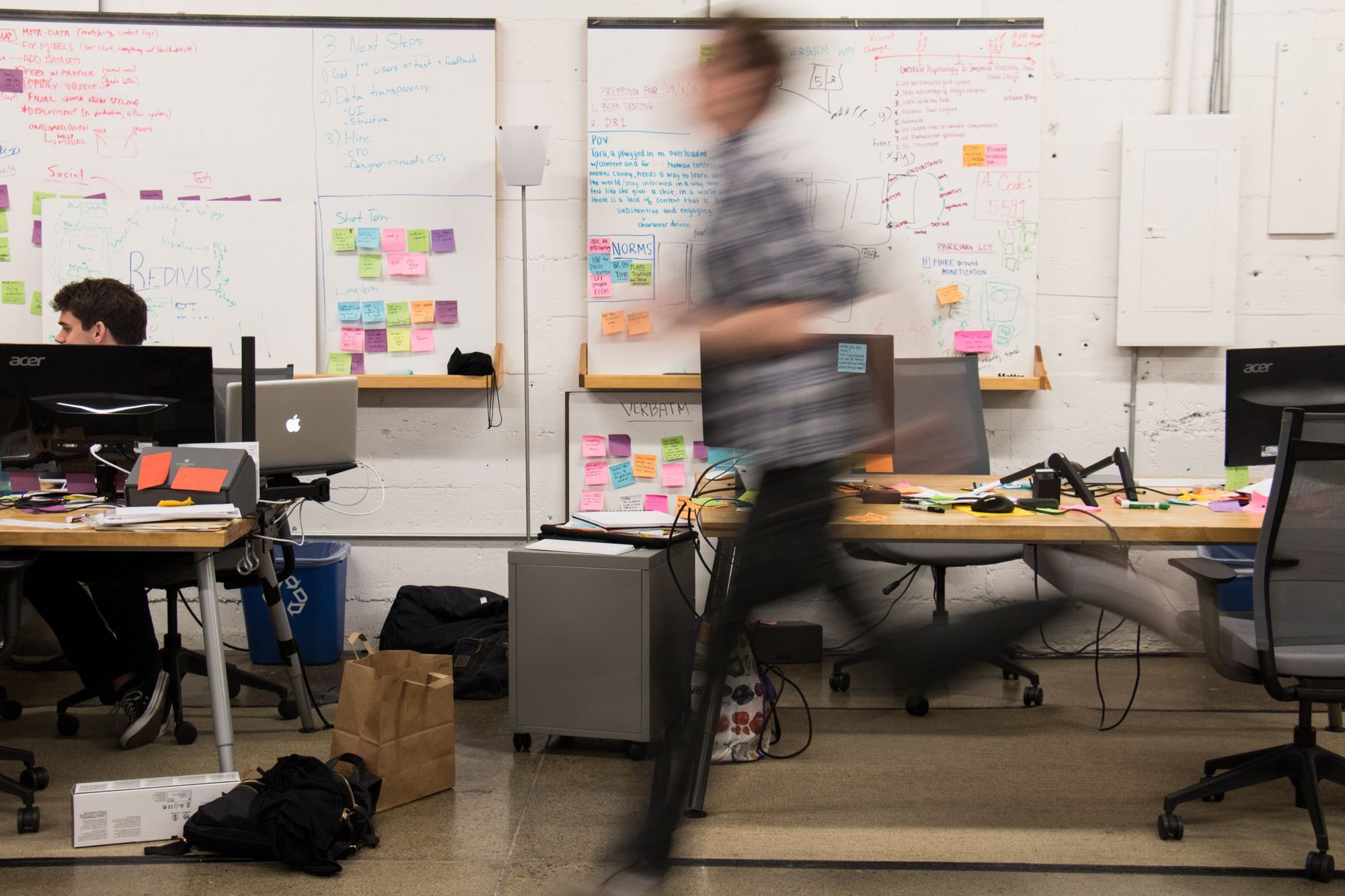
Top highlight

Much like life, entrepreneurship has often been described as “a marathon, not a sprint.”
But no one said a marathon can’t be made up of sprints — those short, sharp bursts of energy that bring you closer to your ultimate goal. Over the course of nineteen intensive weeks, our entrepreneurs have been running tirelessly: pitching ideas, building prototypes, getting feedback and iterating on their ventures. Here at Matter, we believe sprinting from milestone to milestone is the best way to achieve a long-term aim.
The greatest milestone on this trek for our six company cohort is Demo Day. In the topography of the program, it’s like the Knife Ridge separating them from the Everest Summit — a perilous yet potentially rewarding last leg of the journey.
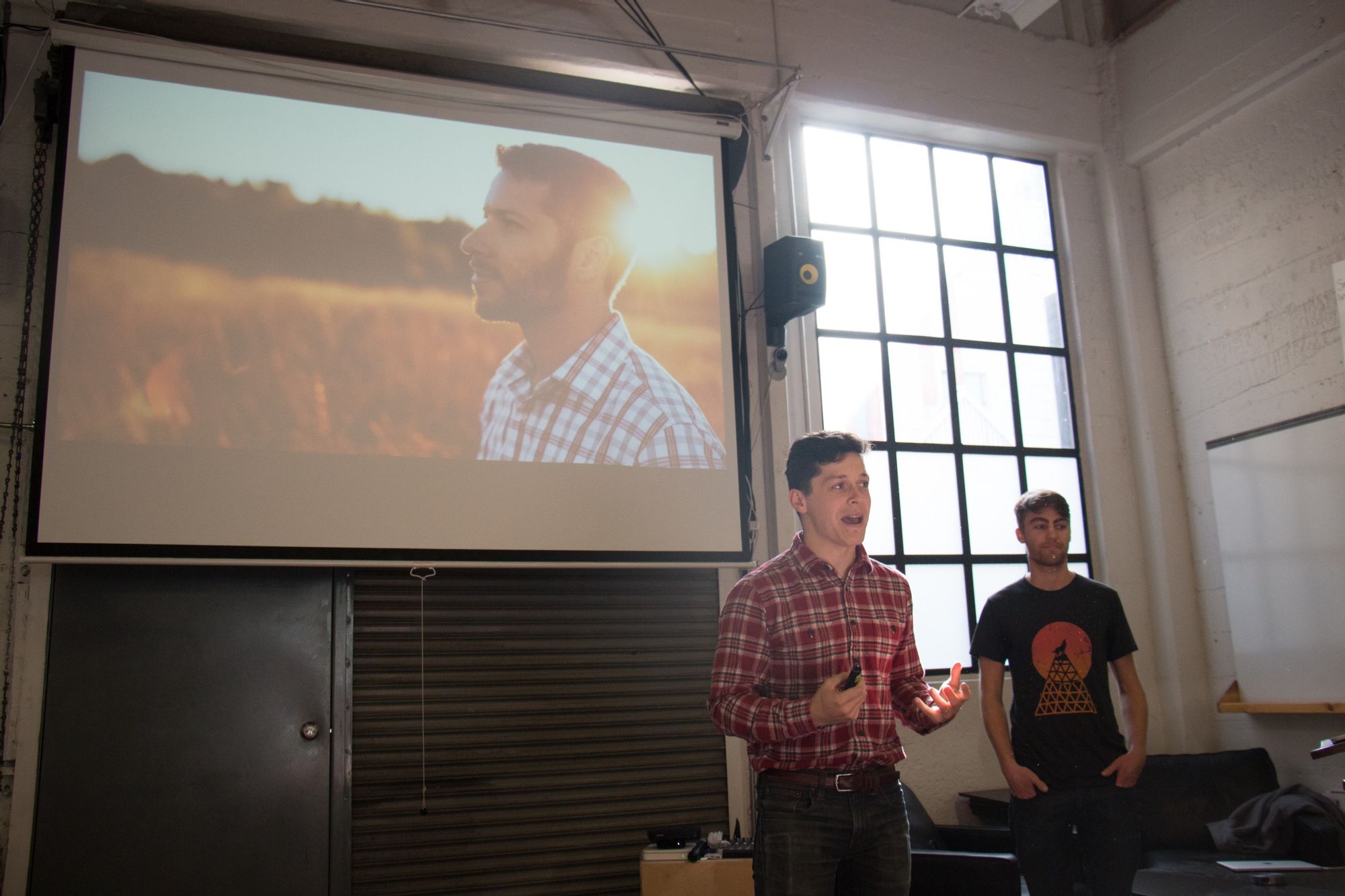
Our entrepreneurs must step up to the plate, present their ventures, and demo their products before an audience of investors, partners, CEOs, media, and peers, knowing a strong pitch could open doors to much-needed investment or the deals with large media customers that will propel their companies to the next stage of development. To succeed, they need to summon all their smarts and charisma. They also need a perfectly-honed pitch, which is the vehicle for communicating their vision. As Matter Managing Partner, Corey Ford, says: “The pitch is the best way of bringing together the multiple variables that make up a venture.” And the best way of delivering that pitch is to practice, practice, and practice some more.
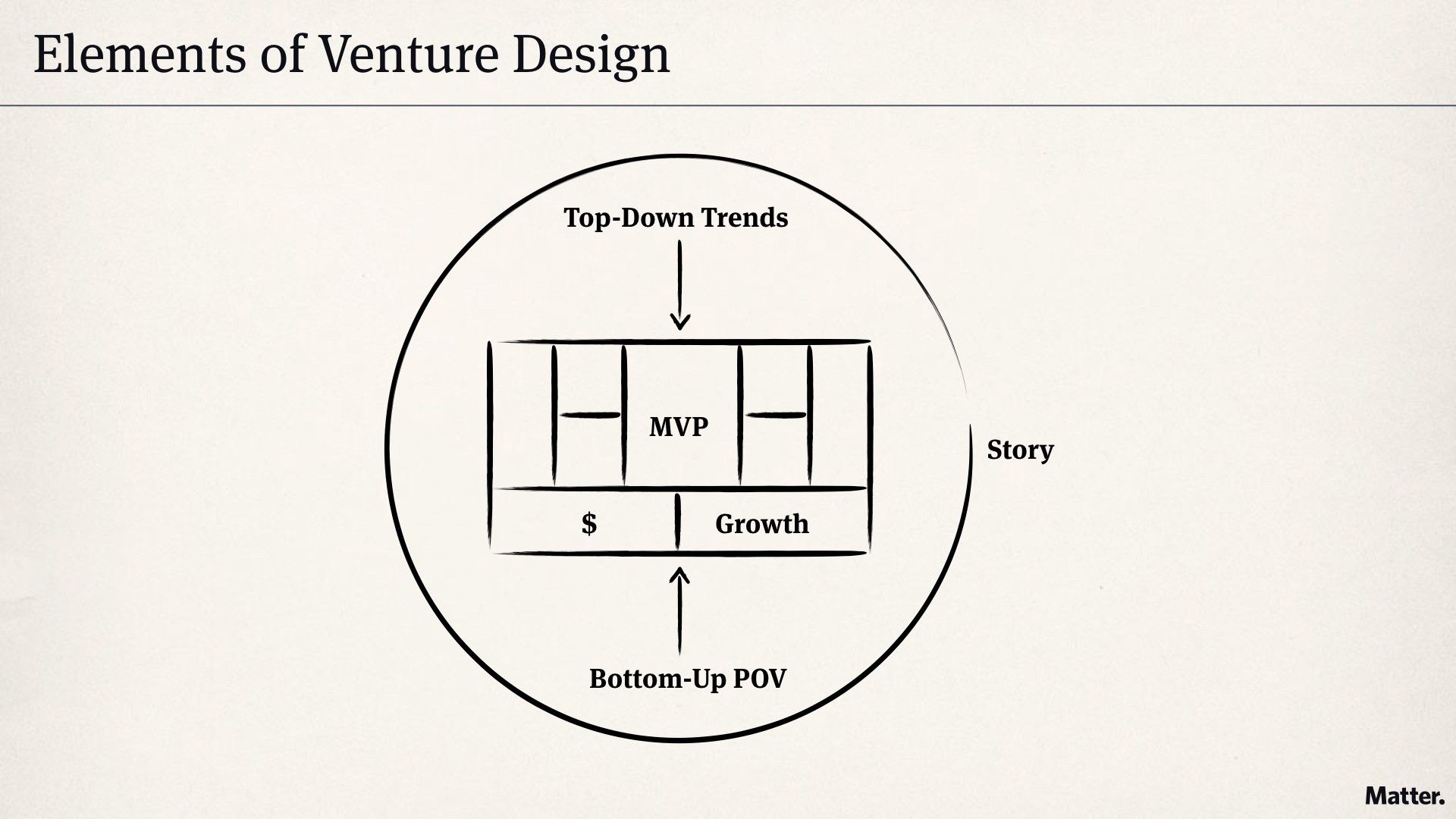
Amid all that practicing, I snagged a few minutes with members of each of the teams to ask about their key takeaways from the Matter experience.
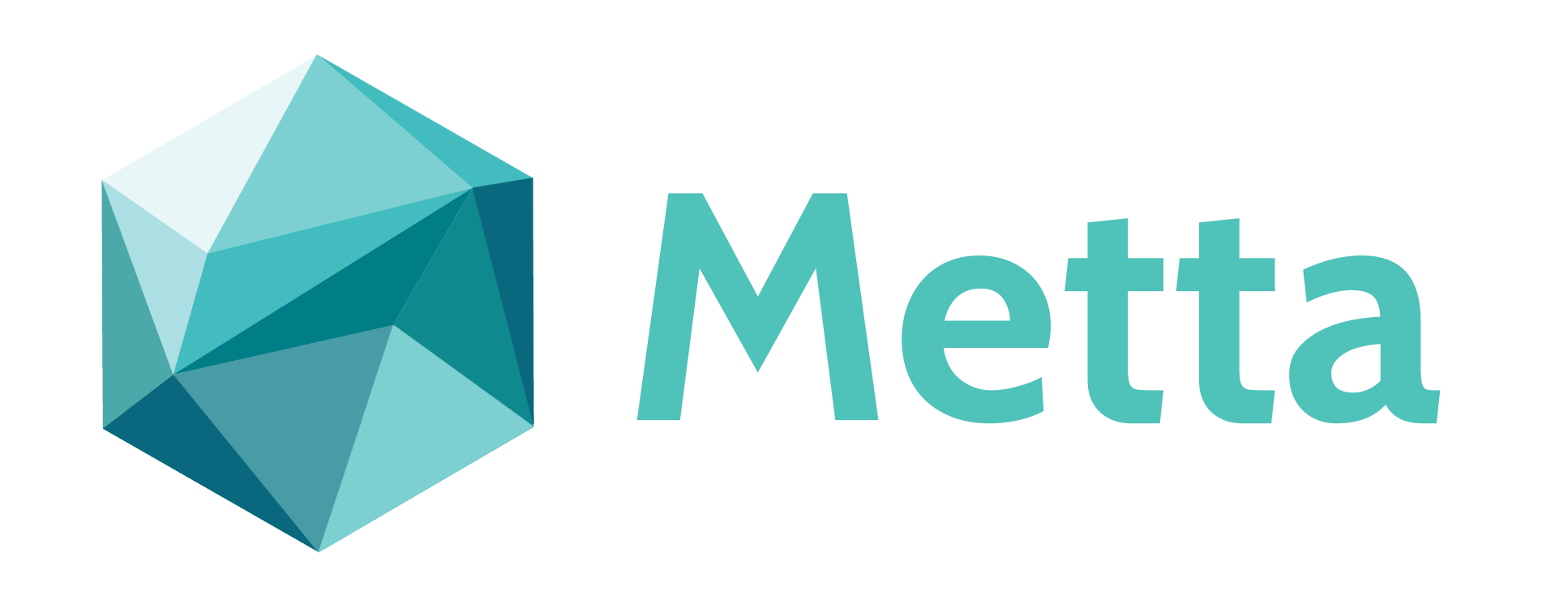
Metta has had one of the most fascinating, circuitous journeys to Demo Day. Their idea morphed from a consumer-facing content-discussion platform to an enterprise-facing one. Then, they jettisoned the concept altogether in favor of Pinstacart, an interior-design service based around users’ Pinterest boards. Finally they rejected that and instead planted their flag in almost virgin territory: Virtual Reality.
Metta, an app for creating and viewing user-generated VR video, is the product of the founding trio’s quest to do something they’re really passionate about, according to co-founder Jacob Trefethen: “We thought in our first sprint, look at the whole world of ideas, pick one that looks promising and then go crazy on it,” he says. “The truism we ended up learning after that is that’s not enough — you actually have to really care about what you’re doing on a level that connects with you somewhere deeper.” Through the Matter program, they ended up discovering that their passion lay in VR, and in developing the industry’s first ever social network.
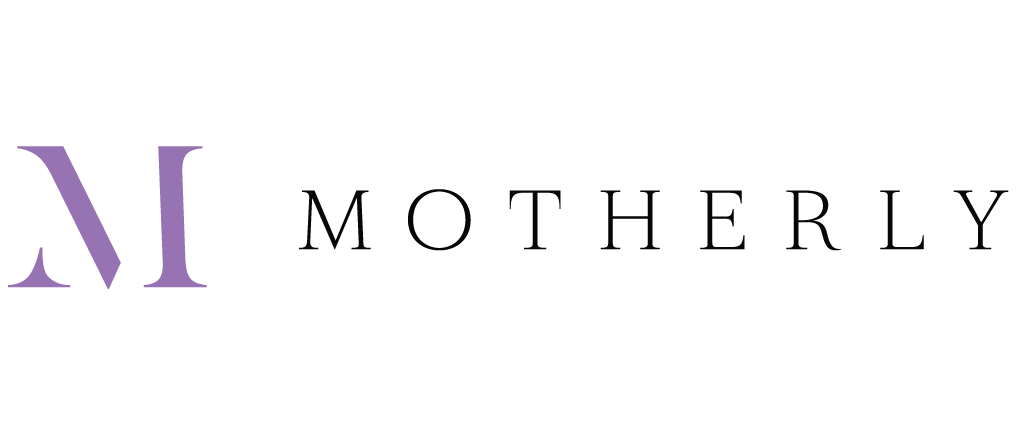
The Motherly founding team, on the other hand, says it has “circled around” its original idea — to create personalized journeys to motherhood for millennial women —which was born out of the co-founders’ own maternal experiences. Jill Koziol and Liz Tenety only dreamed up Motherly a few months before joining Matter Five, and it’s been full speed ahead ever since. “But our confidence and security are much higher now,” says Jill, after the Matter program provided them with extensive opportunities to talk to potential users, test their concept and elaborate on it.
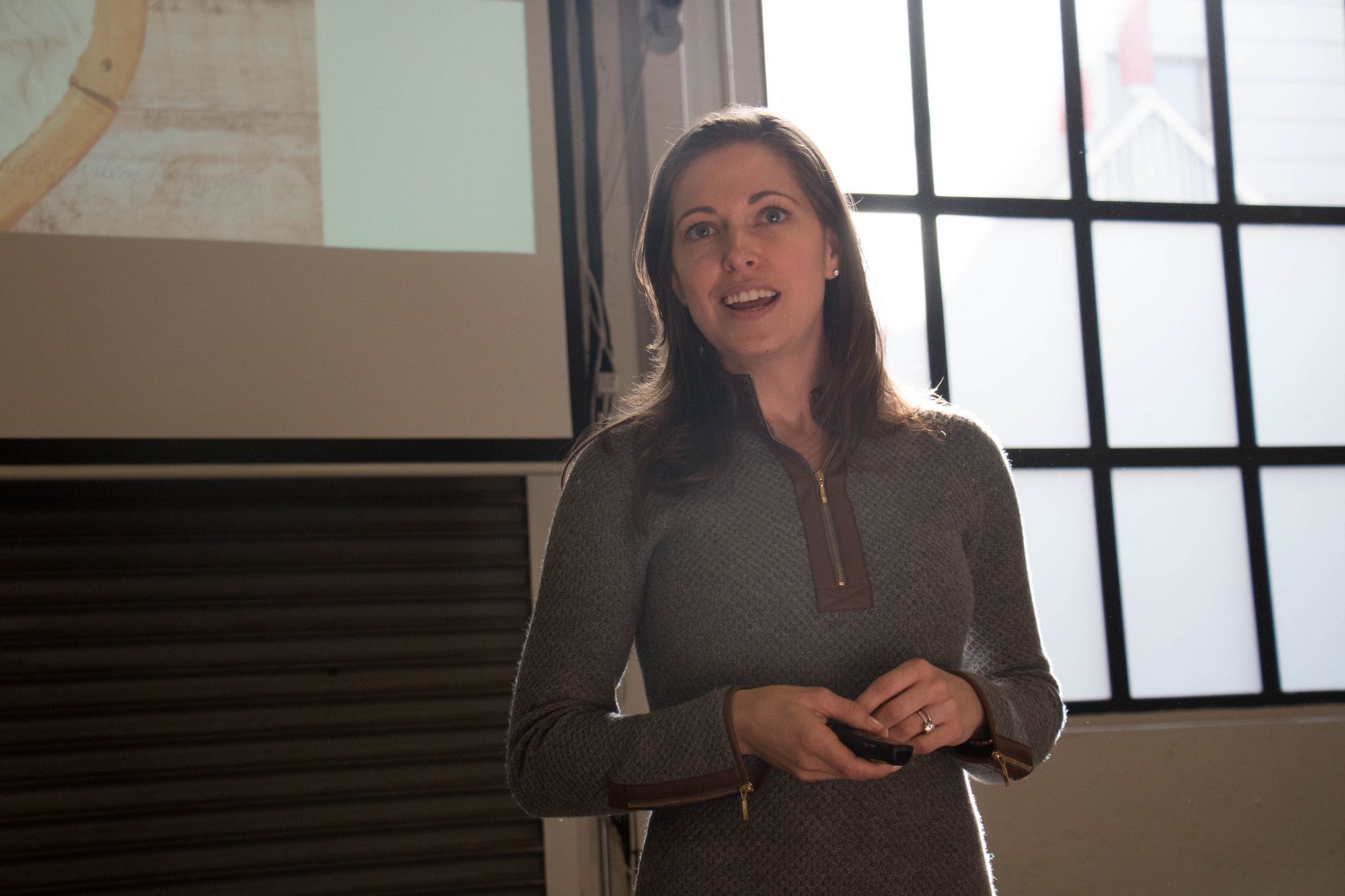
Through their Matter journey, Team Motherly realized the huge opportunity that there was to build network effects into their business. They’ve created a community where each additional millennial mom adds value for the next. They’ve also added an enterprise subscription model focused on retaining female talent in the workplace. Jill said she had never dreamed they’d end up offering this feature, which she now believes will be crucial to Motherly’s success.
Matter, she feels, has “created an environment where you can fail safely”, so she’s learned just to go for it: “If you are not at least a little bit embarrassed by your startup when you launch, then you launched too late. […] If you polish that rock too much then you miss opportunities for greatness.”

Sean McIntyre, Head of Product at Redivis, worked with his co-founder Ian Mathews on their crowd-sourced data visualization repository full-time for six months before entering the Matter program. Sean says they had a “high level vision” of what it was to become, but were less sure how to direct their next week or month. He feels Matter helped them refine a nebulous idea and approach its execution in a series of well-defined sprints.
Sean admits to initially being skeptical of what was asked of him during his first week of the program. At Bootcamp, he was told to completely set Redivis aside. Teams were reshuffled and given brand new projects to work on. “I thought, we’re supposed to be learning these things in the context of what we’re [already] doing,” he says. But he soon realized this technique was a crafty tool for teaching the Design Thinking Process that’s core to Matter’s approach: “A lot of those processes are about breaking down things to the bare essence — that’s harder to do when you have this baby you’ve been working on for a long time.” So instead he practiced on a completely different scenario before setting out to rework his existing venture.
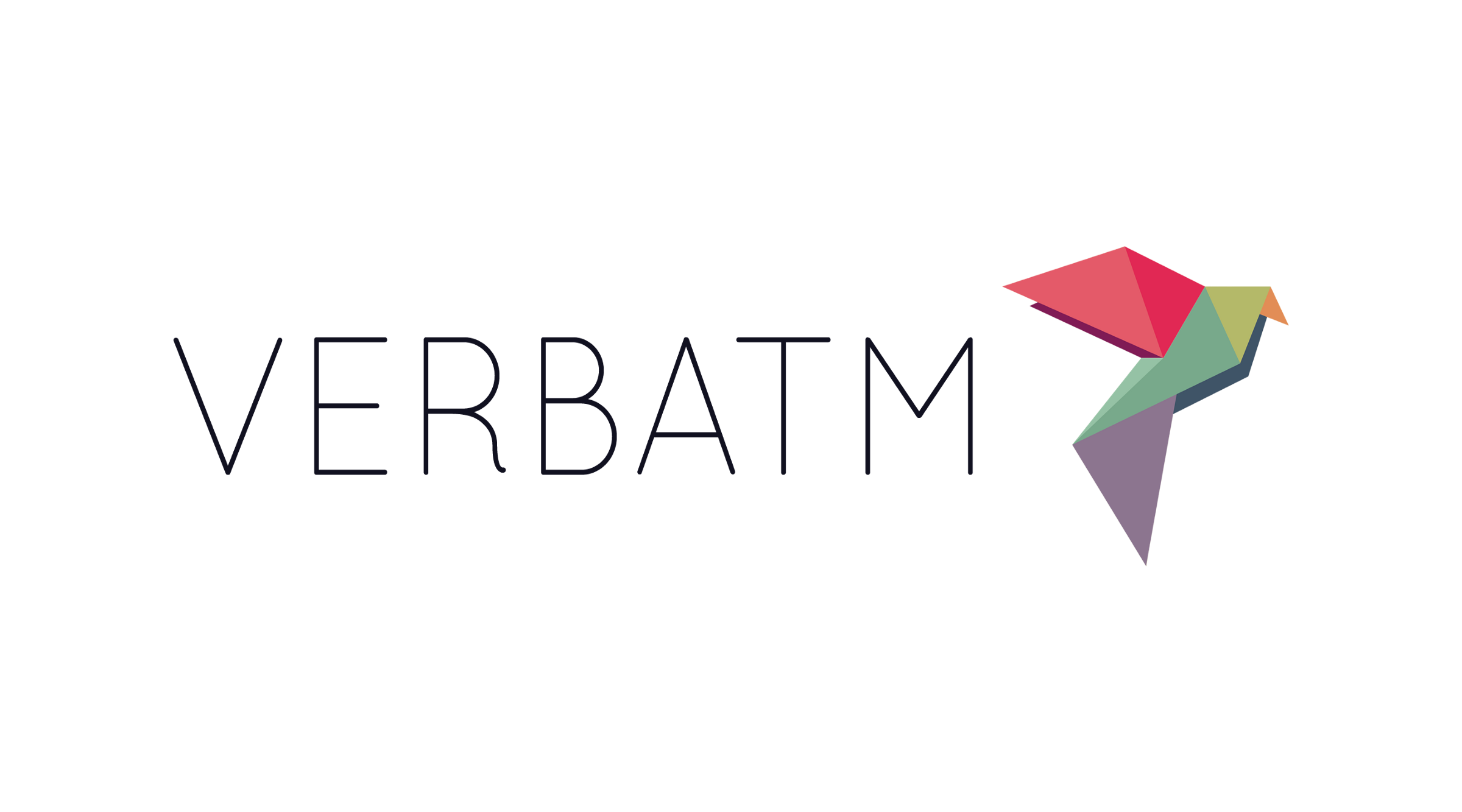
Aishwarya Varhana, co-f0under of independent publishing tool Verbatm, says that one of the big lessons she learned also came during that early design Bootcamp: “what will make or break you is the strength of your team.” Aishwarya says learning how to give constructive and productive feedback has been vital to communication flow between the four Verbatm team members. During one-on-one feedback sessions, they try to use the “when you do X, I feel Y” formula, rather than assigning intention to one another, and that has smoothed the path to candid conversations. “Our team comes from different cultures, from different parts of the world” says Aishwarya, “so when you communicate with “I” statements, you don’t make assumptions and don’t project your own cultural values on to others.”
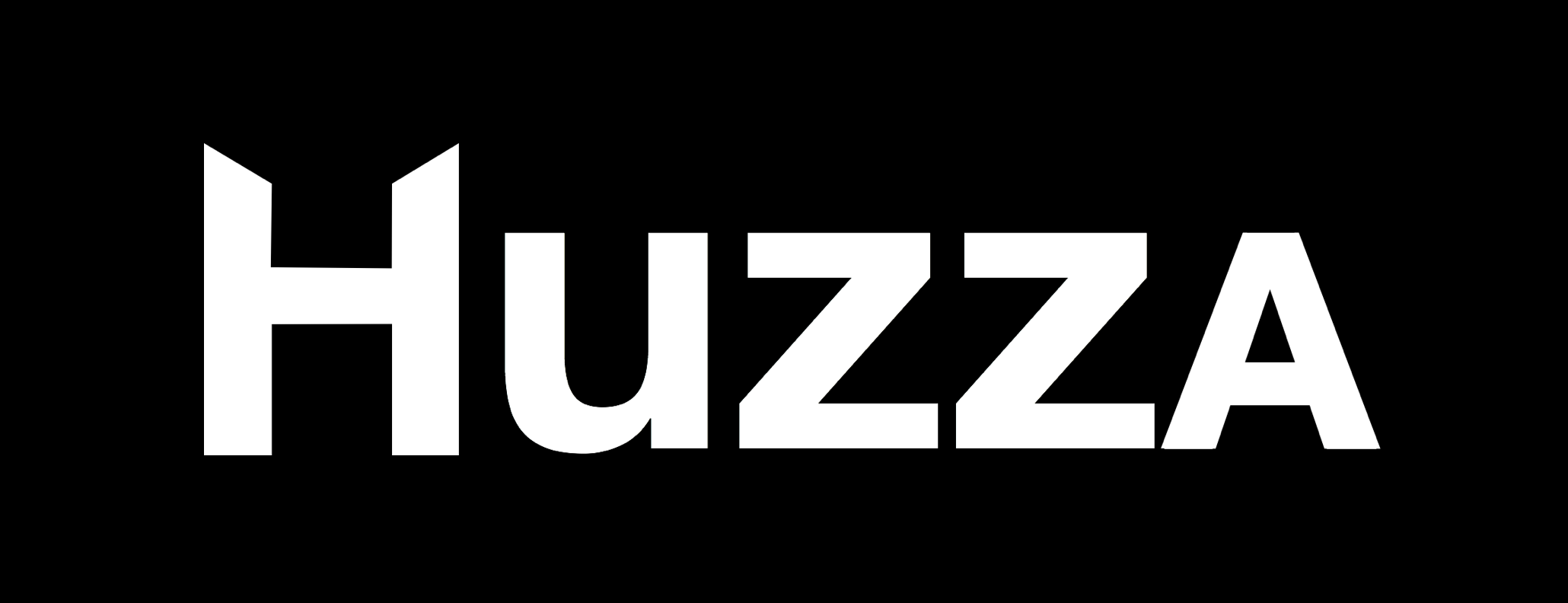
Justin Womersley, co-f0under of Huzza, a live-streaming platform for musicians, says the human-centric aspect of Matter’s approach to entrepreneurship has been really key for him. It was the process of interviewing singer-songwriters, engaging with real people and finding out what they needed, that caused him and his co-founder Nick Smit to rethink what Huzza should become. They pivoted from being a “Bitcoin for Music” to a “Twitch for Musicians”: “Through the customer research and design thinking that Matter makes us do, our epiphany was, let’s stop doing this tipping, supporting model, let’s do just live streaming because that’s what the artists want to do and that’s what the fans want to watch.”
For Justin, Matter’s infamous Design Reviews have been the most useful component of the program: “You put a stake in the ground and get feedback from 50 people and they’re intelligent people from different backgrounds.” He says Matter has created a friendly environment in which its teams can practice pitching to informed audiences without fear of crashing and burning — so they have never been afraid to test out something completely new: “It’s just a cool space to experiment.”

“Before we would just give ideas, immediately shut them down and judge them,” says Jenny Bai, co-founder of Mingyian, a multi-channel network connecting Chinese millennial fans with U.S. artists through micro-events hosted on Chinese social media. “I didn’t realize how much we were dampening our creativity.”
Jenny and her co-founder Rebecca Eydeland say Matter has helped them to bring stability and structure into the company-building process, including teaching them when to flare (being generative with ideas) and focus (selecting from them according to a set of agreed-upon constraints). Rebecca says that every entrepreneur is sometimes good and sometimes bad, but by “codifying best practices and making us work through them”, Matter forced them to raise their game.
And the pair kept returning to the concept of empathy, one of Matter’s core values. “I’ve noticed that when you’re trying to build or market something or talk about a a story there’s always a disconnect because you stop becoming a human,” says Jenny. “You always have to go back and make sure the thing is true to who you’re building it for.”
And that’s a lesson that’s stuck. No matter how quickly any of our entrepreneurs have sprinted for the finish line (including Team Metta who built a fully-functional Alpha in less than a month) each one knows that it’s only by intimately understanding their users that they’ll ever win the gold medal.

